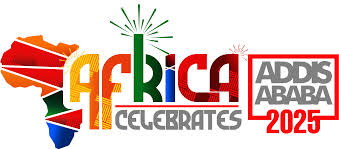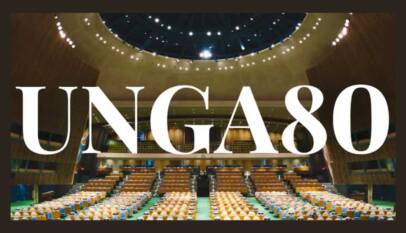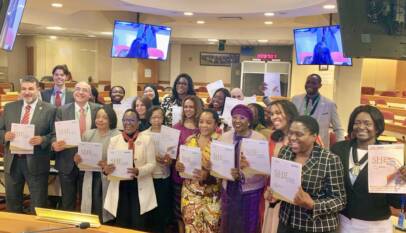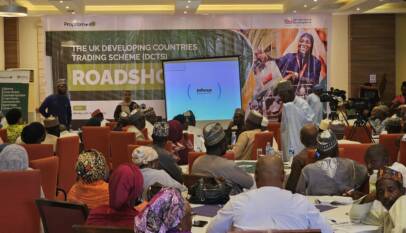EXPLAINER | From Cairo to Mombasa: SCoMRA 2025 and Africa’s Push for Health Sovereignty
As Africa prepares for the Seventh Scientific Conference on Medical Product Regulation in Africa (SCoMRA 2025), scheduled for November 11–13 in Mombasa, Kenya, attention is turning to how this convening will shape the continent’s pursuit of health sovereignty.
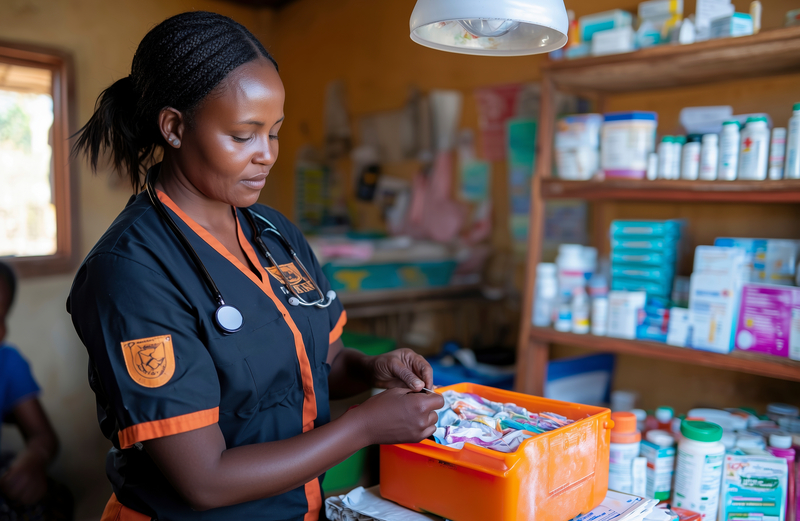
Themed: “Regulatory Harmonisation: Unlocking Africa’s Potential in Health Product Manufacturing and Trade,” the 7th SCoMRA aims to position Africa as a competitive hub for health product development and trade. The conference will highlight how regulatory harmonization can drive local production, while addressing emerging policy frontiers such as digital innovation, artificial intelligence in regulatory systems, green regulation, and sustainable access to quality-assured medicines across the continent.
In today’s evolving global health landscape, robust regulatory systems are vital to protecting public health, ensuring access to safe medical products, and supporting the growth of local pharmaceutical industries. For Africa—home to more than 1.4 billion people and projected to reach 2.5 billion by 2050—strengthening regulatory capacity is not only a public health priority but also a strategic pathway to economic resilience and health security.
Jointly convened by the African Union Development Agency (AUDA-NEPAD) and the World Health Organization (WHO), SCoMRA has grown into the continent’s premier platform for advancing regulatory science, harmonizing standards, and preparing Africa for future health challenges. Building on the achievements of six previous editions, SCoMRA 2025 will further advance the African Medicines Regulatory Harmonization (AMRH) initiative, which underpins the African Medicines Agency (AMA) and continues to shape critical policy frameworks.
The Sixth SCoMRA, held in Cairo in 2023 under the theme: “Strengthening Regulatory Systems for the Advancement of Local Production and Increased Access to Medical Products and Technologies for Africans,” underscored the forum’s catalytic role. What sets SCoMRA apart is its ability to move beyond dialogue to generate actionable commitments—blueprints that resonate from the continental level down to national health systems.
Against this backdrop, the Mombasa convening is expected to build on Cairo’s momentum by reflecting on progress, identifying persisting gaps, and exploring new opportunities for collaboration. With a new AMA Director-General at the helm, SCoMRA 2025 will spotlight how regulatory harmonization can serve as both a public health safeguard and a driver of economic growth—strengthening local manufacturing, procurement systems, and resilient value chains.
Building on a Decade of Regulatory Progress
Since its inception in 2013, SCoMRA has become a pivotal forum for advancing regulatory science across the continent. What began as a space for dialogue and collaboration has evolved into a platform where regulators, policymakers, manufacturers, and development partners converge to align strategies. Over the past decade, SCoMRA has proved that regulatory harmonisation is not only a technical necessity but also a driver of Africa’s health and development goals.
Among its most significant contributions is its influence on the adoption of the African Union Model Law on Medical Products Regulation, which guides countries in modernising national systems and aligning them with continental standards. SCoMRA has also catalysed harmonised regulatory guidelines across Regional Economic Communities (RECs), reducing fragmentation in how medicines and vaccines are reviewed, approved, and monitored.
SCoMRA 2025 seeks to build on this legacy by shifting focus from harmonisation in principle to harmonisation in practice. The conference will showcase concrete cross-border collaboration models, link regulatory alignment to local manufacturing and trade, and explore new frontiers such as AI-enabled regulation and sustainable compliance—all with the ultimate goal of advancing Africa’s industrialisation agenda.
The Critical Role of Policymakers
While regulatory authorities remain central to the SCoMRA process, the 2025 edition recognises that meaningful reform requires active involvement of national policymakers. Senior officials from ministries of health, finance, trade, and industry will be invited to bridge technical recommendations with political action.
Finance and trade ministries in particular have a vital role: embedding regulatory reforms within fiscal and industrial strategies, creating incentives for pharmaceutical production, and integrating local manufacturers into global value chains. Without legislative endorsement, financial allocation, and cross-sectoral alignment, even the most robust technical reforms risk stalling.
This kind of multi-sectoral engagement transforms SCoMRA from a discussion forum into a true engine of policy change—ensuring that recommendations made in Mombasa translate into binding laws and actionable programmes.
Priority Policy Areas at SCoMRA 2025
The Mombasa agenda will focus on policy areas that reflect Africa’s urgent health needs and industrial ambitions:
- Regulatory Harmonisation for Trade and Manufacturing: Cutting duplicative and costly registration processes that delay access to multiple markets.
- AI & Digital Innovation : Leveraging AI and digital tools to accelerate dossier reviews, enable real-time monitoring, and strengthen regulatory decision-making—while addressing ethical, legal, and data sovereignty concerns.
- Green Regulation & Sustainability: Embedding environmental safeguards into regulatory compliance, from reducing pharmaceutical waste to lowering emissions in manufacturing plants, in line with Africa’s Green Agenda.
Collectively, these policy areas aim to position regulation not as a barrier but as a key enabler of public health and industrialisation.
AMRH – AMA Synergy
The African Medicines Regulatory Harmonization (AMRH) initiative has laid the groundwork for AMA by building common technical standards, strengthening National Regulatory Authorities (NRAs), and fostering joint product assessments. Yet, progress remains uneven, with some countries better prepared than others.
Against this backdrop, SCoMRA 2025 will assess these disparities, identify priority actions for accelerating country readiness, and reinforce linkages between AMRH and AMA. The ultimate goal is a fully interconnected regulatory ecosystem capable of responding collectively to health challenges.
AI: The Future of Regulation in Africa
AI presents one of the most transformative opportunities in regulatory science, with applications ranging from predictive modelling for drug safety to real-time pharmacovigilance. However, risks around data privacy, algorithmic bias, and external dependence cannot be ignored.
SCoMRA 2025 will dedicate sessions to ensuring that AI adoption is guided by African values—anchored in ethics, transparency, and sovereignty over health data—so that AI becomes a tool of empowerment rather than dependency.
Green Regulation for Sustainable Manufacturing
As Africa expands pharmaceutical production, green regulation offers a chance to embed sustainability into compliance frameworks from the outset. This includes sustainable sourcing, reduced emissions, energy efficiency, and responsible waste management.
By integrating sustainability into product approvals and inspections, Africa can align industrial growth with ecological stewardship—ensuring resilience that is both competitive and environmentally responsible.
Looking Ahead: Mombasa as a Turning Point
As Africa gathers in Mombasa for SCoMRA 2025, the convening represents more than another conference. It is a pivotal opportunity to turn aspirations for regulatory harmonisation into concrete realities. Building on Cairo 2023, the Mombasa deliberations will test Africa’s resolve to strengthen AMA, deepen collaboration among national systems, and create an enabling environment for local pharmaceutical production to thrive.



